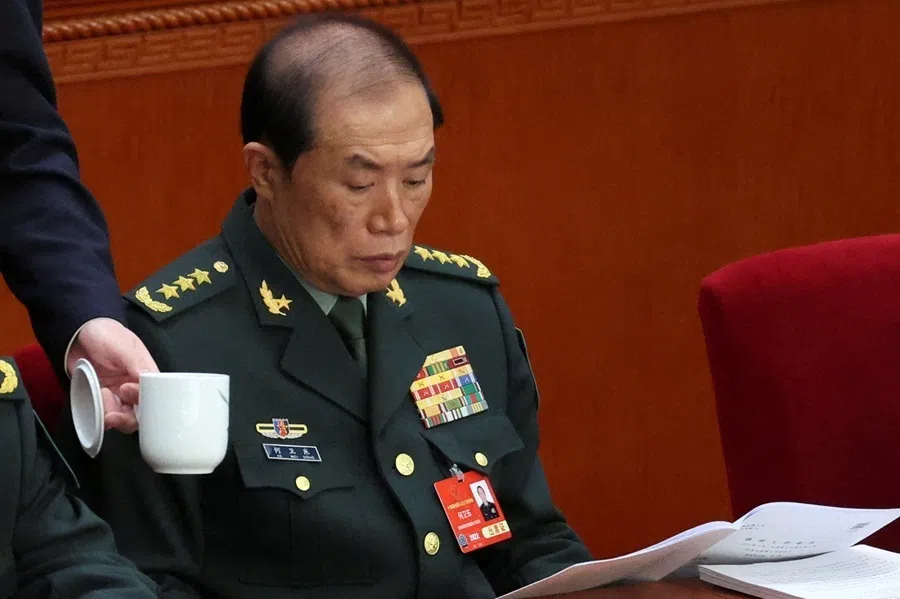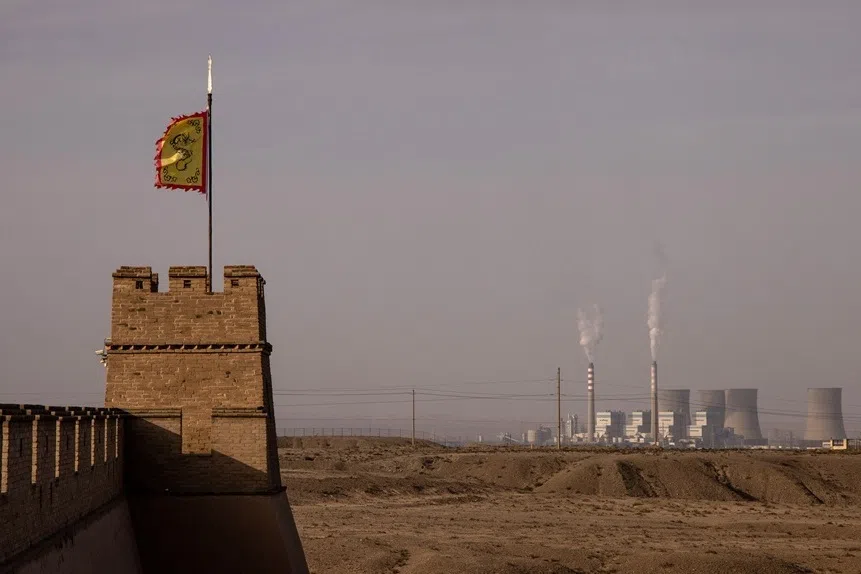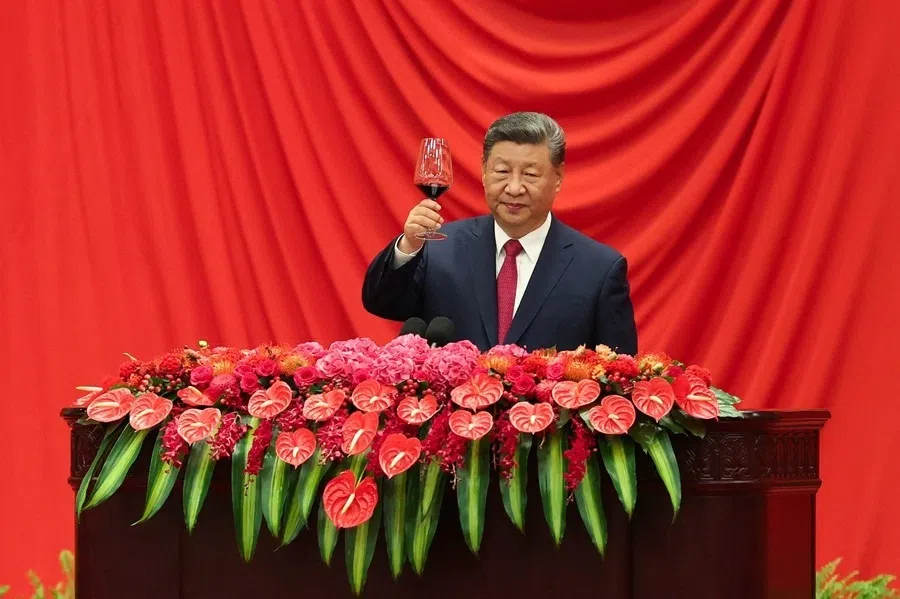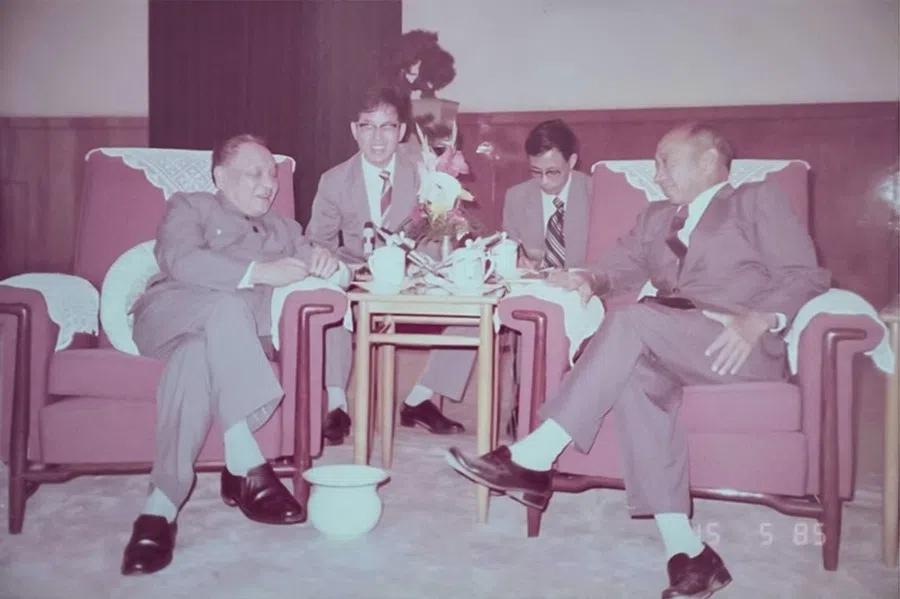How Hong Kong developers tackle falling property prices and a weak market
Lianhe Zaobao journalist Tai Hing Shing looks at Hong Kong’s property industry and how developers are dealing with a weakening market and falling property prices by slashing prices and engaging in price wars. How long can this last?

Following reports of a debt crisis for the property market in mainland China, news of debt problems for Hong Kong’s real estate market have surfaced recently as well. Several property developers have offered steep discounts for the sale of first-hand residential properties, as well as selling off the property assets on hand to salvage the situation.
A year after the pandemic, Hong Kong’s economy is still sluggish, with bleak performance with regard to the rental market for office buildings as well as the retail market. The 1881 Heritage mall in Tsim Sha Tsui owned by CK Asset Holdings used to be a shopping paradise for mainland tourists, able to attract many high-end consumers. But bogged down by the weak retail market, of the over 30 units in the mall, just three remain open.
On top of cutting down on dividends to save money in a bid to alleviate liabilities, many property developers in Hong Kong have in recent times engaged in a “fire sale” of new properties, hoping to exchange them for funds for a quick recovery.
Bleak situation
The same situation can also be observed at the landmark business districts around the area, such as Canton Road and Russell Street in Causeway Bay. Bloomberg referenced real estate agents who pointed out that a shop previously rented by Omega on Canton Road for about HK$7.5 million (US$962,000) a month was now leased to a bank for 80% less, while a unit rented by Burberry originally at Russell Street has now become a Transformers-themed restaurant, rented for 89% less than the rent of HK$8.8 million in 2019 — reflecting the rental cost pressure faced by businesses against the trend of a shrinking market.
Online media outlet hk01.com reported in March that the performance of the four biggest real estate developers in Hong Kong showed that there was a trend of rising debt ratio for the two developers. As of end 2023, New World Development’s (NWD) net gearing ratio rose to 49.9%, up 2.2 percentage points year-on-year, the highest among the four developers. Sun Hung Kai Properties also saw its ratio rise 3 percentage points to 21.2%. CK Asset Holdings had the lowest net gearing ratio at 3%, while Henderson Land Development saw its ratio drop 1.4 percentage points to 22.6% in the last half of the financial year.
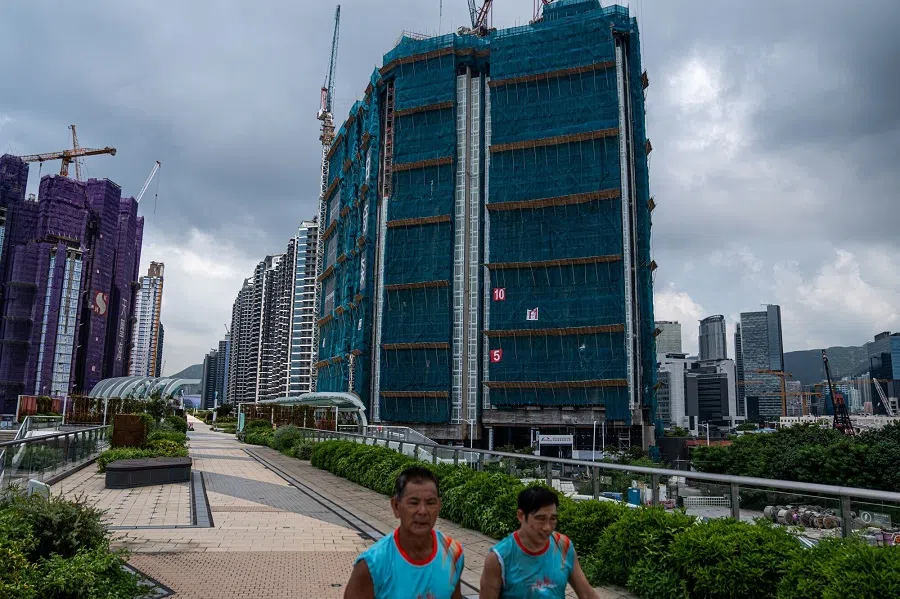
With economic prospects bleak, coupled with the continued decline in property prices and high bank interest rates, more and more property developers in Hong Kong are facing a debt crisis which is worsening by the day. NWD announced a profit warning last week, reporting an annual loss of HK$19 to HK$20 billion, the largest loss in 30 years.
Other real estate developers are selling off their property assets to deal with the situation.
Slashed prices, fire sales
On top of cutting down on dividends to save money in a bid to alleviate liabilities, many property developers in Hong Kong have in recent times engaged in a “fire sale” of new properties, hoping to exchange them for funds for a quick recovery.
The “KT Marina”, jointly developed by the K. Wah Group, Wheelock Properties and China Overseas Land and Investment, announced on 2 September a new price list which offered more payment methods while also increasing the basic discount to 25%. 50 units even offered further discounts of up to 38.5%, effectively selling at a reduced price.
When asked whether the price reduction would result in a loss, Tony Wan, director of marketing and market planning at K. Wah International Holdings (Hong Kong Properties), said that the new payment plan and discounts are intended to “blow up the market regardless of cost”, with the aim of recouping cash and seeking alternative investment opportunities.
Other real estate developers are selling off their property assets to deal with the situation. Market sources indicate that Regal Real Estate Investment Trust and Regal Hotels International plan to sell six of their urban iclub hotels, totaling 1,411 hotel rooms, with a market valuation of approximately HK$10 billion.
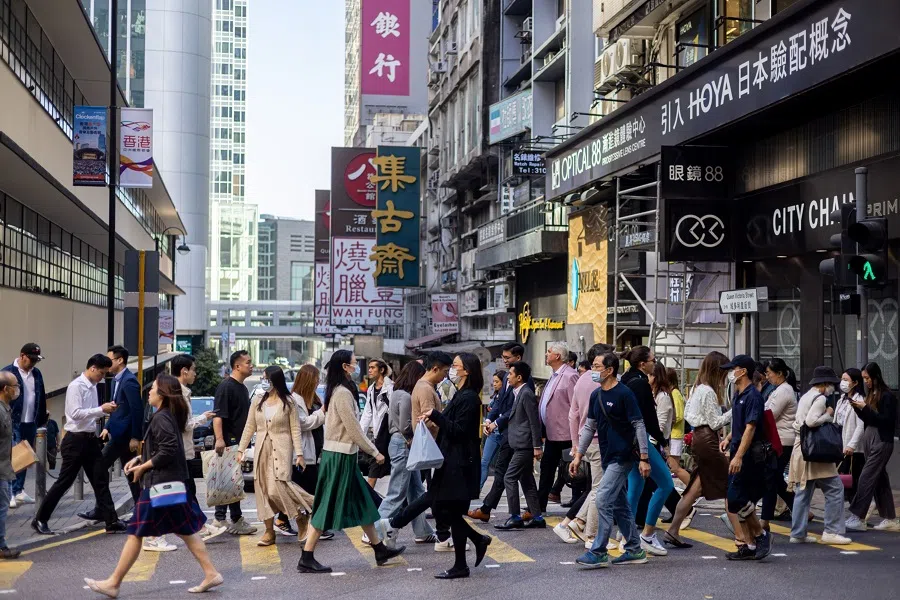
Prior to this, some media outlets reported that CR Longdation offered HK$9 billion for New World Development’s K11 Art Mall in Tsim Sha Tsu. Also, it is rumoured that Lai Sun Development intends to sell its wholly-owned Ocean Park Marriott Hotel at an asking price of HK$5 billion.
Hope amid pessimism
With the US expected to cut interest rates in September, some Hong Kong industry practitioners think there is no need to be too pessimistic about the outlook for real estate companies. A recent research report from HSBC suggested that there are additional positive factors yet to be reflected in stock prices, and that the upward momentum for real estate stocks is not over.
“Once the income of workers declines, residential rental yields will also drop, affecting property prices and making it difficult for real estate developers to grow.” — Kenny Siu, veteran Hong Kong investor
The report pointed out that a strong yen might make Hong Kong and mainland Chinese residents less willing to travel to Japan, prompting them to spend their money in Hong Kong instead. A strong renminbi might also discourage Hong Kong residents from spending in mainland China, which could benefit urban shopping malls. Additionally, lowered borrowing costs will also benefit real estate stocks.
However, veteran Hong Kong investor Kenny Siu told Lianhe Zaobao in an interview that even if the US were to cut interest rates, Hong Kong would likely follow suit almost immediately. Besides, a favourable factor for the Hong Kong property market at the moment is the relatively high rental yield, which can attract some investors to enter the market. But as Hong Kong’s economy continues to deteriorate, salary cuts and even layoffs have recently occurred in several industries. “Once the income of workers declines, residential rental yields will also drop, affecting property prices and making it difficult for real estate developers to grow,” Siu noted.
Siu pointed out that some property developers in Hong Kong aggressively expanded their business in the early years and borrowed excessively from banks. With high interest rates and unsatisfactory sales of residential units at present, some small and medium-sized real estate developers are facing significant debt pressure.
Recently, enterprises with mainland backgrounds have started to acquire properties sold by Hong Kong property developers, reflecting that mainland enterprises will slowly dominate the Hong Kong property market in the future.
This article was first published in Lianhe Zaobao as “香港地产商负债问题开始浮现”.

